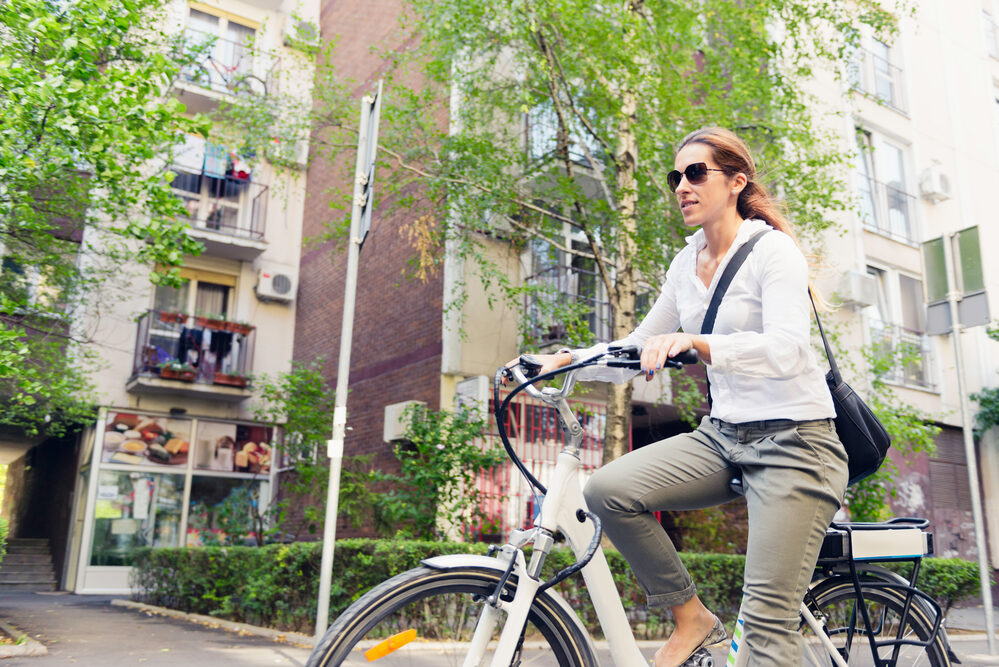The Dutchies’ interest in e-bikes leapt from a mere 6% of total bike sales in 2007 to 42% in 2019. 🚴♀️
By May 2020, this new purchase habit took an additional leap of 38% compared to the previous year, with Dutchies purchasing as many as 58,000 new e-bikes. 💰 This was the second-highest number of e-bikes purchased, with our neighbour, Germany, taking out the top spot.
Naturally, e-bikes don’t come cheap: the latest data shows that Dutch consumers are willing to spend as much as €2,000 to purchase an electric bicycle.
Of course, are we surprised? After all, the Dutch and their bikes made the Netherlands THE cycling country of the world where 22.8 million bicycles are shared by 17 million people! (and no helmets.) 😎
Two-wheeled benefits
The emerging e-biking subculture means good news. For Dutch commuters, e-bikes can improve how fast and easy their trips will be in the future, especially with transportation preferences changing now that more people want to avoid crowded public transport in light of the coronavirus crisis.
With almost 50% of employees who live within a radius of 7.5 kilometres of their work are still travelling by car, the environmental impact is a key consideration in this shift. More and more people may be open to making a switch from their non-bike transportation method towards an e-bike.
Additionally, the biking industry will also benefit from this retail shift. In 2019 alone, the Dutch bicycle retail industry recorded an annual turnover of approximately 1.36 million euros.
What are your transportation preferences? Tell us more in the comments below.
Image Credit: microgen/Depositphotos



